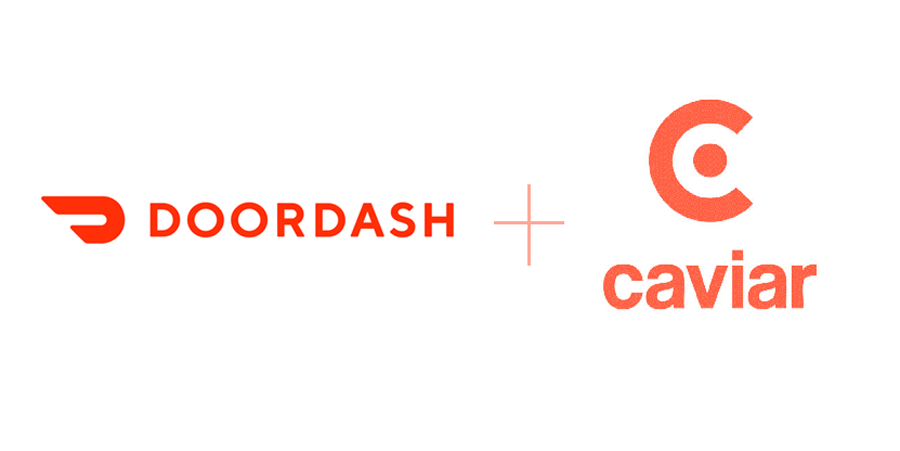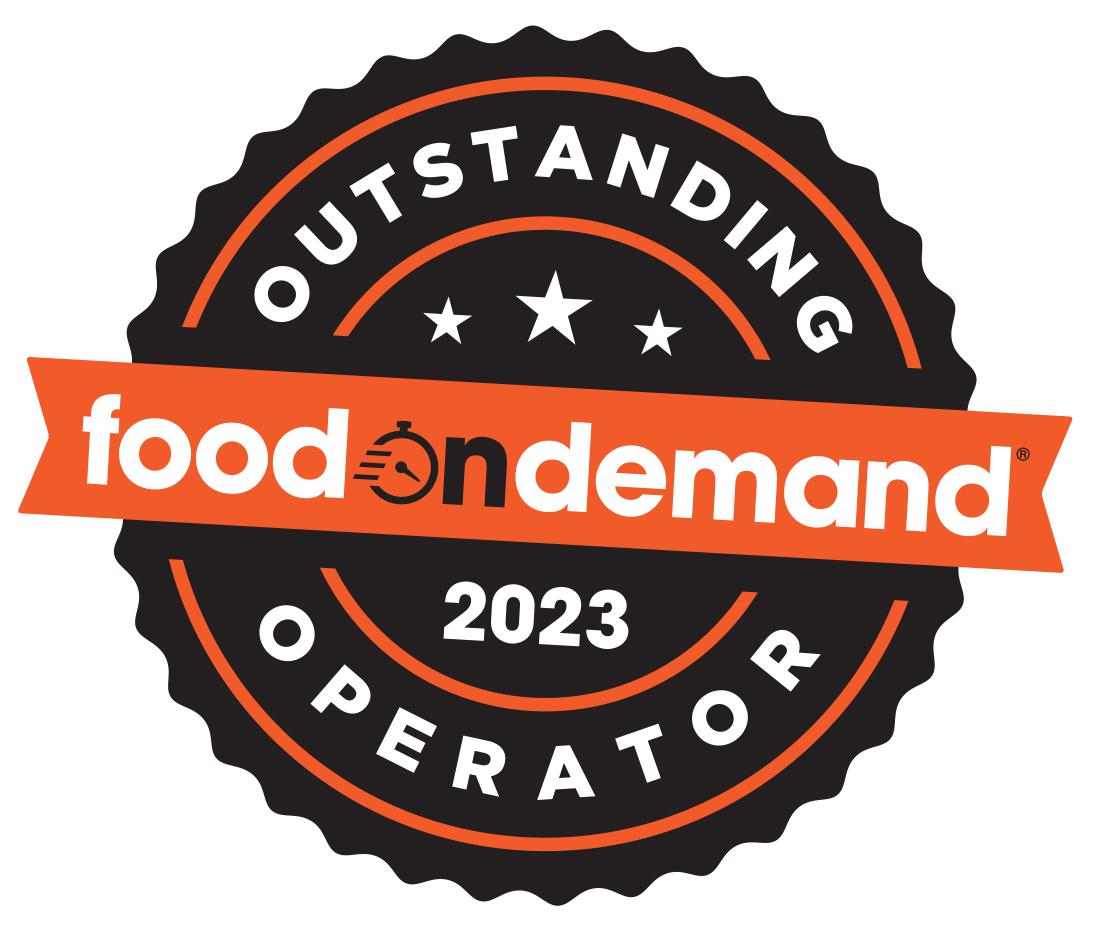The first day of November marked the completion of DoorDash’s acquisition of Caviar, the largest in the spate of DoorDash acquisitions the company took on last year.
DoorDash and Square, which previously owned Caviar, first announced the $410 million deal in August of 2019. In all, it looks like a good acquisition for the company valued at $12 billion by way of equity fundraising.
Along with the completion, DoorDash released a summary document known as an 8-K that provides a closer look at what exactly DoorDash received with the purchase.
Stock analysts Thomas Champion and Andrew Charles of research firm Cowen, said it might prove to be a great deal for DoorDash. According to that 8-K, and a 2019 estimated revenue of $190 million, that puts the price to earnings multiple at 2.2x earnings. That’s very favorable compared to say, Bite Squad, which sold for $323 million and provided $26.1 million in the last quarter—a 12x earnings multiple.
While DoorDash doesn’t seem in a hurry to be profitable, the 8-K showed that bringing Caviar under the DoorDash umbrella helped the Caviar operation shed $1 million in losses, projecting 2019 earnings of “$9MM for Caviar, a slight improvement from a $10MM loss in 2018,” wrote Champion.
Revenues were way up in the DoorDash system.
“The filing suggests [first half 2019] revenues grew 40 percent year-over-year to $90 million, with 1Q revenues of $46.5 million (+69 percent y/y) and 2Q revenues of $43.4 million (+18 percent year-over-year). The full-year 2019 projection of $190 million suggests 28 percent year-over-year growth,” Champion added. “Gross Margins in 1H19 were 28 percent, better than the 24 percent seen in 2018. Operating profit and EBITDA was negative for all periods except 2Q18 which showed a $1MM EBITDA profit.”
Beyond the raw numbers, there are some other major benefits of buying Caviar’s scale. That’s good news for DoorDash, but not great for Grubhub, which reported slowing order frequency in its latest earnings report.
“Caviar adds several hundred million in total food sales to DoorDash’s most recently self-reported annual run-rate of $7.5 billion in gross merchandise value, suggesting upwards of $8 billion,” wrote Champion. “Additionally, the transaction likely adds higher-end, unique restaurant inventory to the DoorDash ecosystem, plus more share in New York City. This is significant in light of GRUB’s earnings comments related to restaurant selection driving consumer purchases.”
Champion and Charles wrote that this deal could mark a real consolidation period. Certainly, the acquisitions have been instrumental in all of the major delivery networks, but consolidation at the very top companies would dramatically change the space.
“This would make sense if Grub CEO Matt Maloney’s comments around slowing order frequency beginning in August and a return to more normalized growth rates proves accurate,” Champion said.
That could prove to be a big “if,” though. Sales would have to slow fairly dramatically to hit a level where multiples would make sense to take out one of the big networks. Despite some choppy results, Grubhub is still trading at 80x earnings.




